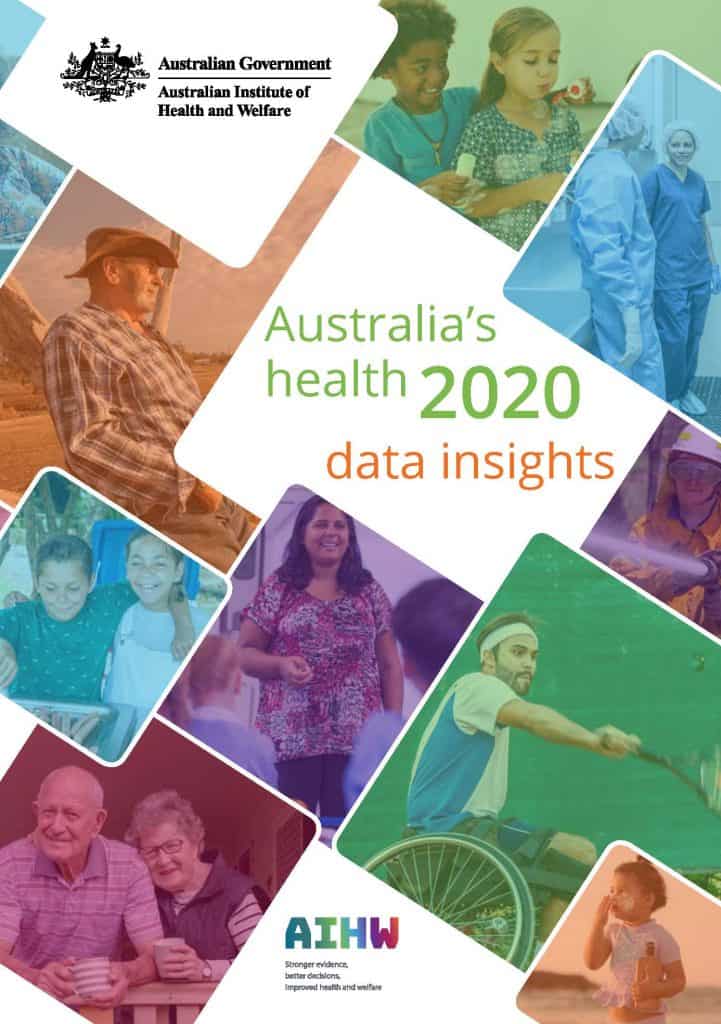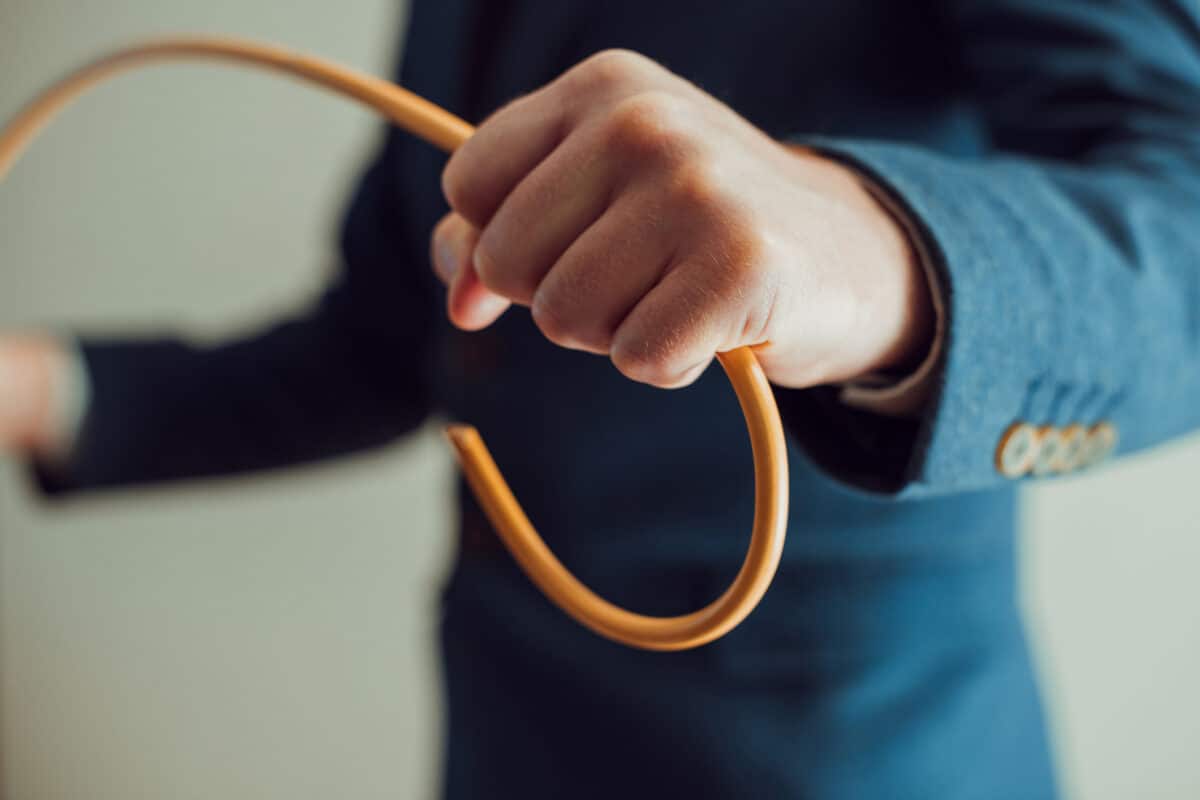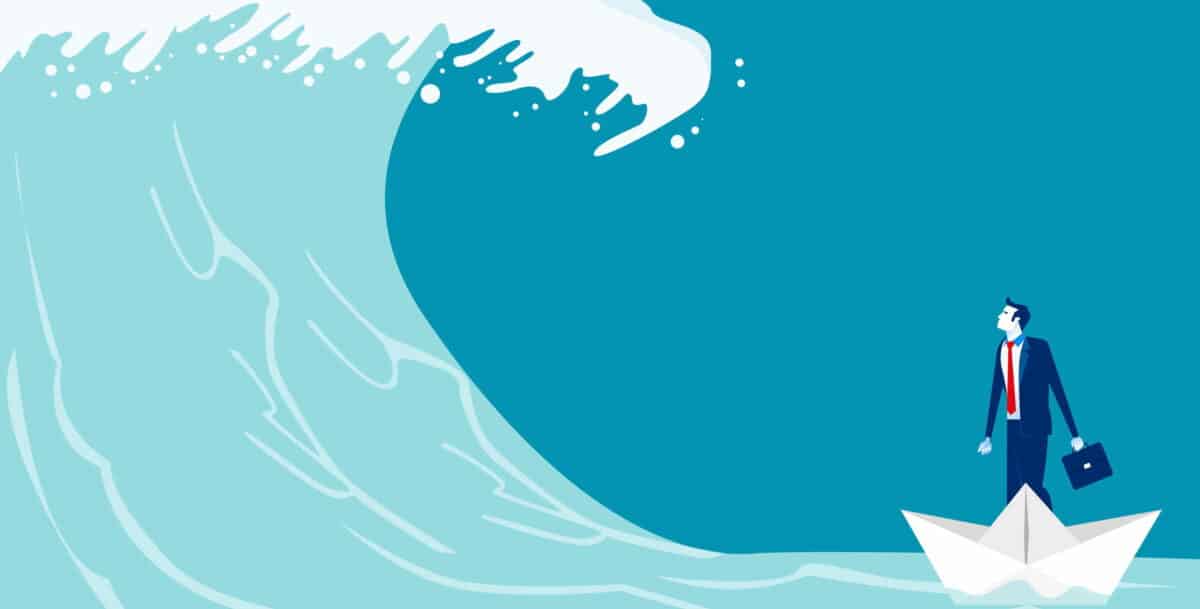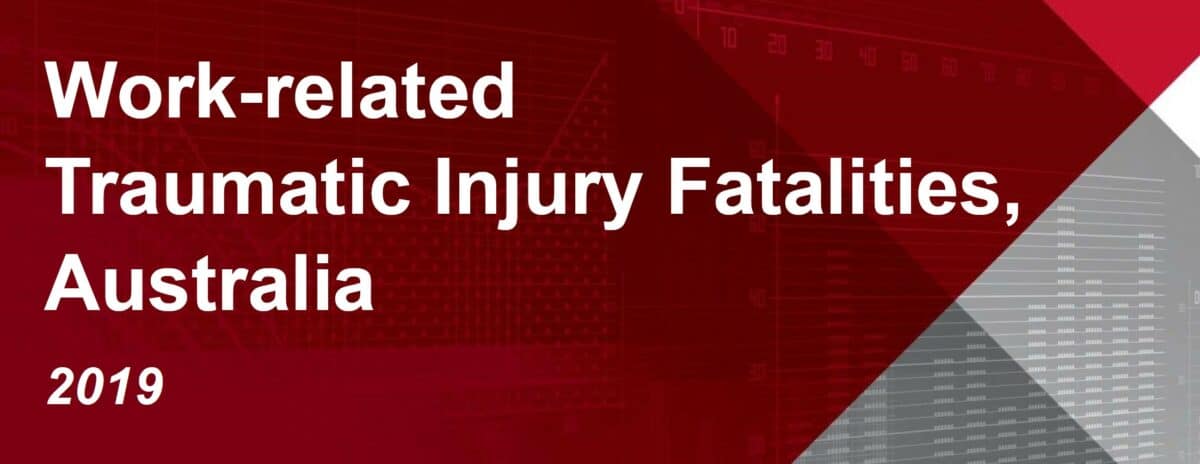The State of Victoria had a big week on mental health, with the Labor Government allocating billions of dollars to the improvement of the mental health of its citizens. Much of the justification for the spend (and the imposition of a mental health levy on large companies) is in response to the recent Royal Commission into Mental Health Systems. Workplace health and safety was on the agenda in that Royal Commission. Hence, it is worth looking at how, or if, this recent Budget helps employers improve the psychological health of their workers in anticipation of new regulations on this hazard promised by Victoria’s Minister for Workplace Safety, Ingrid Stitt.
Category: suicide
Non-military safety lessons from the latest Royal Commission (open access)
The Australian Broadcasting Corporation broadcast an episode of The Signal on April 21, 2021, which discussed the complexity of the culture of Australia’s military, and I strongly recommend you listen to it. It does make some points about culture worth contemplating in the context of one’s own workplace and profession.
The most useful point was that an established institution cannot have a uniform culture that meets the expectations of all relevant stakeholders. Generations take their culture with them. So those who started in the military in the 1980s and 1990s (and later) will bring the values and lessons of that time into their maturity and when they move into senior and leadership positions – positions that are intended to both preserve and progress the organisation’s culture. This will result in conflict between the expectations of new recruits and the realities of the established military executives. Not open revolt, but a dissatisfaction that may or may not result in leaving the organisation.
The topic used by The Signal to illustrate the extremes of the defence force members and stakeholders was mental health.
Continue reading “Non-military safety lessons from the latest Royal Commission (open access)”Selling remediation as prevention is dishonest
Regular readers of, and subscribers to, this blog know that I am a strong advocate for the prevention of suicides, especially those related to work. Mental illness is not always connected to suicides but there is often a correlation between, mental stress, self-harm, suicide ideation and suicides. as such it is useful to keep an eye on suicide statistics, particularly in industries or times of great stress.
In early December 2020, Victoria’s Minister for Mental Health, James Merlino, addressed the Parliamentary Accounts and Estimates Committee (PAEC) to discuss the 2020-21 Budget Estimates. At that time, Merlino made some clear statements about the rates of suicides, which are useful to remember when evaluating suicide and mental illness prevention strategies like those mentioned in the Productivity Commission’s recent inquiry into Mental Health.
Suicide statistics could benefit from a different analysis
Regular readers of this blog would be aware that I feel that the prevention of suicide gains less attention than early intervention and that mental health has dominated suicide discussions to the point that suicides without a mental health context are largely ignored. This situation is starting to change with non-psychological pressures gaining some acknowledgement, if not examination. Mental health still dominates but the pool of contributory factors is expanding.
On 30 November 2020, the Medical Journal of Australia published the best recent example of this change, an article called “Suicide by young Australians, 2006-20415: a cross-sectional analysis of national coronial data.” The most useful statement in the research report, and the media release, is:
Thanks, but we need more
Statistics are vital to any decisions about occupational health and safety (OHS). Safe Work Australia (SWA) does a great job providing statistical packages based on the data sources it can access. Last week SWA released its 2019 report on “Work-related Traumatic Injury Fatalities” which identified vehicle collisions as, by and large, the most common cause of worker fatalities. This category may be a surprise to many readers but perhaps the most important part of the report is what is omitted.
Actions speak louder than words
A short debate in South Australia’s Parliament about the upcoming World Suicide Prevention Day was illustrative of some of the politics and barriers to reducing suicide.
Independent politician, Geoff Brock moved the following in support of World Suicide Prevention Day.
That this house –
(a) acknowledges that 9 September 2020 is World Suicide Prevention Day;
(b) acknowledges that world prevention day started in 2003;
(c) acknowledges that in excess of 3,000 people die from suicide every year;
(d) acknowledges that suicide is one of the largest causes of death each year;
(e) encourages people of all ages to openly discuss and acknowledge deaths by suicide;
(f) encourages people of all ages to openly discuss their mental health and wellbeing issues with family and friends;
(g) acknowledges the everlasting impact and effect of any death on family members and others; and
(h) encourages the state government to provide sufficient support, both financial and other support, as necessary.
More data means a stronger case for change in workplace health and safety

SafetyAtWorkBlog tries to include links to original data and reports wherever possible. Last week the Australian Institute of Health and Welfare (AIHW) released its 2020 data insights report. There is a lot in it, and some relates to workplace risks. Perhaps the most useful section is the chapter of Social Determinants of Health (SDH). For those readers for whom this is a new concept, this chapter is obligatory reading.
SDH is crucial to understanding how occupational health and safety (OHS) risks fit with non-work, or social, activities, government policy decisions and economic pressures. The beauty of the AIHW take on SDH is that it based on Australian data.




